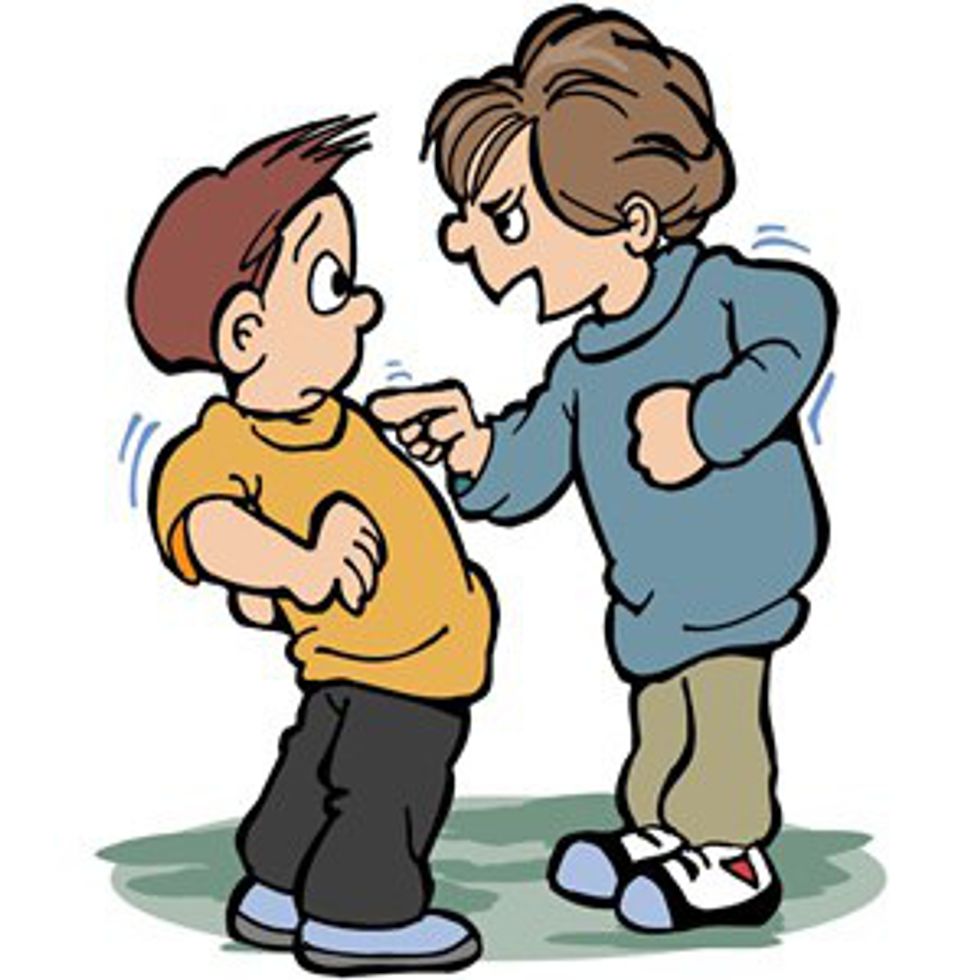As we approach the end of the semester, everyone will probably think that they are having a rough day and/or night at least once or twice, weather they're in college or high school. But let me tell you this, your worst day could never compare to what a Japanese high school student goes through every day. We see Japan as a wonderful, colorful place that gives us highly entertaining anime, and while it is that, there is also a dark and stressful side to it. Part of that is its high schools, and there are reasons why. Their real-life high schools are really nothing like what we've seen in anime.
1. Very Early Wake-Up and Long Distance Travel
High school starts right at 8:30, and depending how far away a student lives, they have to leave by 6:30. I would assume that if they wanted to be completely ready for the day, they would have to wake up at 6. When they leave the house, as they are either not allowed to or simply can't drive cars because of the school setup, a student has to walk, ride a bike, or take the subway. If they do take the subway, there's a chance that they'll not only have to change lines several times, but also be on their feet for hours, as some high schools require students to stand instead of sit to show consideration to others.
The reason why most students have to travel a great distance to school is because of how well they did on their high school entrance exams as that determines where they go. Quality over distance may as well be the high school motto.
2. Longer School Days
This has a double meaning. Japanese high school students go to school for 240 days, which is 60 days longer than us. They most likely have a shorter summer break than us, too. On top of that, their school day doesn't end once they're done with classes. Everyone has to participate in cleaning the school from top to bottom, and when they're done with that, most schools 'encourage' (almost force) students to attend clubs and cram school.
The sad thing is, students can only choose one club to join, and as anime has shown us, there are many to choose from. The clubs tend to meet for two hours every day, and the students decide what they do during that time. As for cram school, 60% of students attend these, often staying very late to learn additional subjects and sometimes get more homework to do along with their usual amount from their earlier classes.
3. Not Much Socializing/Dating/Homework Time
In America, we always make time for our friends and/or significant others. That's because we actually have time for friends and significant others. In Japan, on average, high school students only have less than half an hour a week to be social with any friends they have. And usually those friends might not be from school, as a lot of students prefer to just be 'school friends' and not 'friend friends'.
On top of this, as the adult community often sees high schoolers as large children instead of young adults, dating in high school is highly discouraged. Many students don't begin to date until college. With how long they have to be in school for, I would be surprised if they found any time to date at all.
Additionally, the time students have to get homework done is shockingly low. On average, per weekday, students spend two hours completing homework. They must have really good work ethics because after long days at school, it would be reasonable that they are extremely tired and just want to go to bed, but they can't because their homework is due the next day. Students don't get to go to bed until way after midnight, if they're lucky.
4. Severe Bullying
If you thought bullying in America was bad, Japan takes it to a whole other level. Not only do high school students have to deal with the day-to-day stress of classes and homework, they often also have to handle other students bullying them. Conformity is a huge deal in Japanese high schools, and anyone caught outside of it gets targeted. Students can be bullied for any reason, from their weight to dyed hair to where they're from to any kind of difference they have. And the bullying can get physical. Hair-pulling, destroyed clothing items and shoes, vandalized desks, even punching and scratching each other can happen. It's amazingly sad that a student could commit suicide because they were bullied for having long or short hair.
So the next time you think you're having a bad day, just remember there could be someone in a Japanese high school who's going through something worse.

























